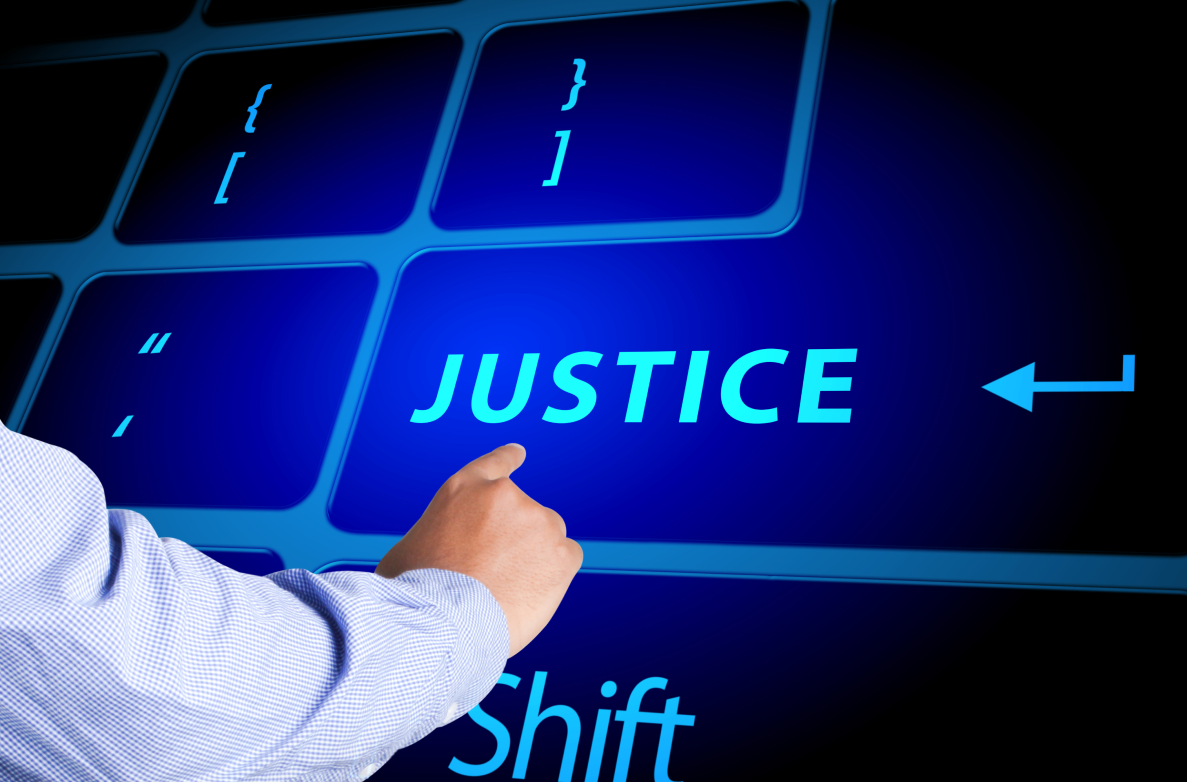Justice/Legal Tech 3 years ago
Technology has been restructuring the legal profession. Here’s how.
A look into some of the technological big leaps that the legal world is sure to witness in the coming days

The legal industry has been slower to embrace technology as compared to others. The reasons for this extend beyond the innate resistance to change that is common to most established practices. While some members of the industry view technology as a threat to their relevance, others struggle with choosing the right solution from the many options available. Current IT infrastructures have their own limitations that make it harder to incorporate advanced technology into existing systems.
These challenges aside, the legal sector has been on a slow yet sure path to digitisation. Here are just some of the technological big leaps that are sure to come in the coming days:
Legal Technology Experts
Currently, there exists an expertise gap between legal matters and technology-based solutions. That will be bridged by dedicated legal technology experts. These are professionals who would understand both nuances of legal services as well as the complex technology required to design and develop legal technology solutions and systems.
AI-driven and Automated Processes
Information overload is a common challenge in the legal field. Artificial Intelligence can help resolve this in multiple ways – be it software-based case researches, virtual assistants that answer legal queries, or softwares that predict case outcomes – AI-driven systems are sure to significantly improve response times and productivity; whereas process automation is set to reduce tiresome manual work such as document review, contract validation and the likes.
Remote Litigation
The current court systems struggle with tremendous backlogs and are usually understaffed. For the common man, litigation consumes too much time and money. The age of COVID-19 and social distancing has turned the spotlight onto remote working solutions like Online Dispute Resolution and Online Courts. Taking the ease, efficiency and convenience lent by remote litigation into consideration, it could be safe to say that the practice might well and fully continue into the post-pandemic era – significantly improving the access to justice.



